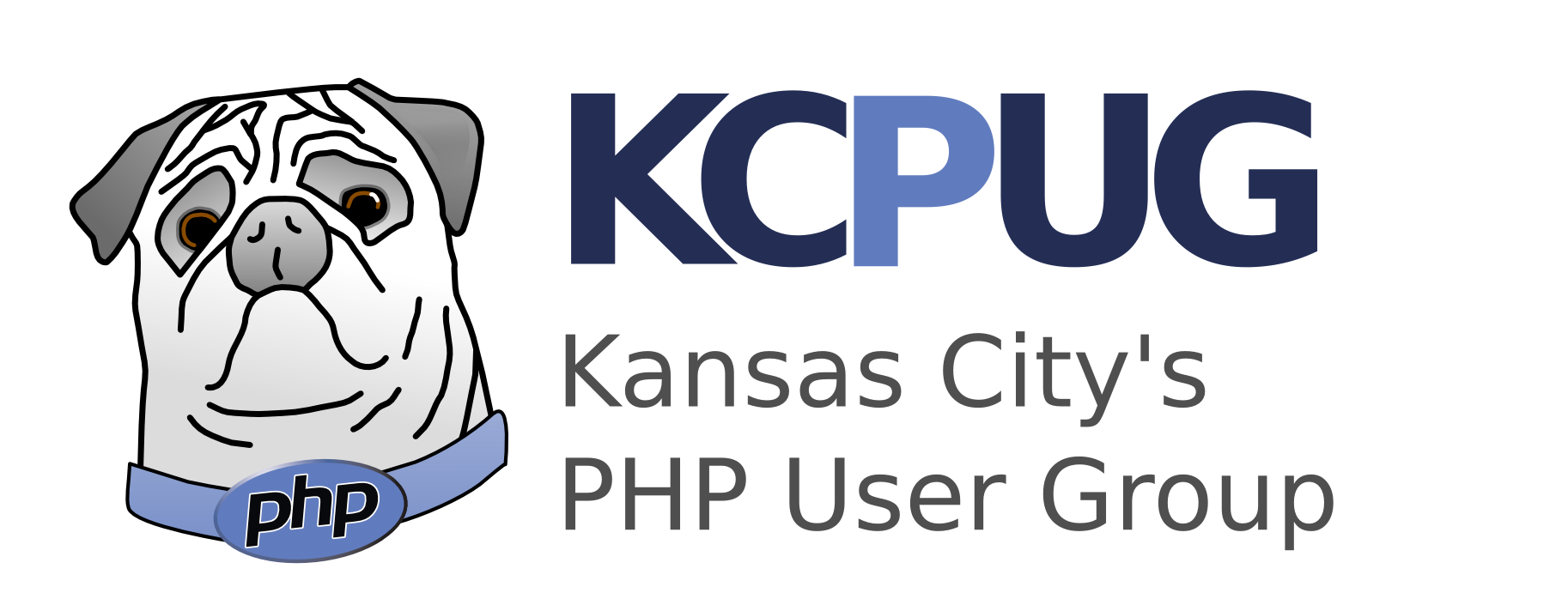As many of you know, I’ve been running my own [url=http://www.shazpro.com/]consulting and web development business[/url] for the past couple of years. I’ve been doing it alone so far, but I’ve been wanting to expand as soon as I could. Well, I’m happy to announce that its about time to start expanding. I have too much load to handle myself and I have a couple of projects that could turn into pretty big deals. I’d like to hire someone on a contract basis to begin with — with the possibility to become fulltime later on (I’m really just lazy and don’t want to set up payroll yet). I’m currently located in offices in Overland Park but telecommuting is a possibility.
You’d be working on projects large and small. Our clientele ranges from small KC based businesses to entrepreneurial startups to large government organizations in the Department of Defense.
If you are interested, [url=http://www.kcpug.org/site/modules/news/article.php?storyid=196]read more![/url]
A PHP developer with a decent amount of experience. Someone who has built fully functional applications in the past and is motivated and willing to learn more and grow with the company. You’ll need to be able to read other people’s code and improve upon it. Good documenting skills are required!
* A degree in Computer Science is a plus (but not required)
* Basic Sys Admin abilities (any type of unix experience) is a plus
* Knowledge of and experience in other languages than PHP is a plus
* Extensive experience with any open source content management system (such as Drupal) is a plus
* SQL expertise is a huge plus. Basic SQL experience is at least required.
You’ll be developing in both PHP4 and PHP5 and using MySQL/Postgres/Oracle in a variety of different environments. You’ll be asked to do both object-oriented and procedural programming.
Pay depends on your abilities and experience. Please include your own salary requirements (if you have them) in your resume or cover letter. Send your resumes to the e-mail address listed in my profile.
– Doug
